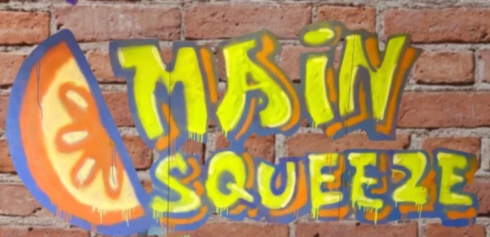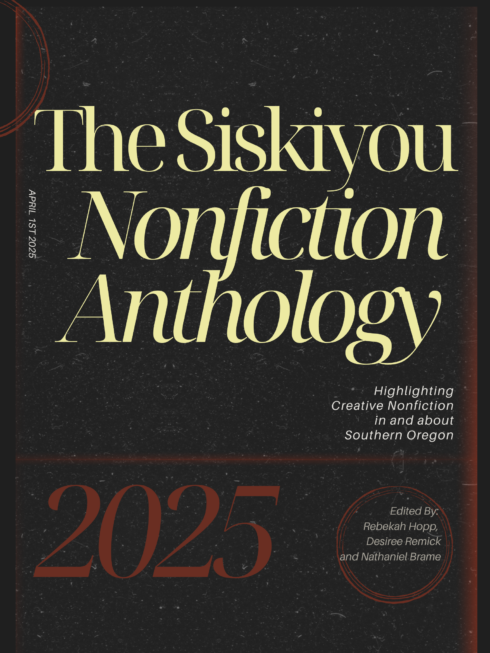
You might have seen Rand Burgess moseying around the art building, “eating cheese.” He’s the guy with pink hair and a general aura of weirdness. Turns out he’s pretty eloquent, too. Check out his stories and poems here and leave both pleasantly edified and confused: A Memory Behind Sight: (poem), Dear Ivy, 3-31-2015 (poem), Closure (short story), Witch of Newdath (short story). A personal interview below:
“Surreal” doesn’t quite capture your style. I feel the need to add “super weird” or “trippy as hell.” What, if anything, do you want your readers to know about your work before diving in?
It’s OK not to know. What’s more human than being left out of the loop? Life isn’t comfortable but there is comfort in life, right? Let yourself experience the writing; there is no wrong way.
If I sat down with the intent of writing a Rand-esque piece, I don’t think I could do it convincingly. What do your drafting and editing processes look like?
A lot of Red Bull and cold hands at the keyboard at bad hours in the morning. If I get an idea I like to run with it until I start coming up short and then I give up. Regardless, if it starts speaking to me I try to return in a reasonable timeframe to proof read and then once I have something that makes reasonable sense I twist it to match whatever content I’m delivering. Some things I ask myself: How much information can I take out or distort without losing intensity? Is my flow getting hung up anywhere? Does this serve the story instead of myself? I usually read my work aloud, even if not finished, and I can’t recommend it enough. I’m also a big fan of Consistent Contextualized Punctuation for making the feel of any written work seem a little more natural. (If your use of punctuation serves the story, use it.)
Who do you consider your main influences?
I draw heavily on H. P. Lovecraft and his contemporaries in regard to weird and speculative fiction. It is interesting to note that non-written material has played a massive role in influencing my writing habits. For instance, video games such as Final Fantasy, Shadow of The Colossus, Demons’ Souls, Myst; Animation and film such as Paprika, Salad Fingers, The Dark Crystal, Waking Life; music such as TOOL, Aphex Twin, Attrition; have all inspired new methodology in my work. Anything can be an inspiration, and I try my best to incorporate aspects from all scopes of artistic expression and life experience to produce unique works.
What effect do you generally aim at producing in your reader?
A kind of ecstasy in philosophical terror has been the focus in many of my past works. If I can bring up enough open-ended questions that leave the reader satisfied without being answered, I think I have succeeded on one level. I try to bring my audience to the edge of a rabbit hole just so they know it is there. On a final level I attempt to raise awareness about causation of grief, and in doing so, hopefully, making it apparent that trauma can be prevented.
What advice do you have for novice writers?
Getting the correct information across. If you have a specific point you are aiming for, make sure your work serves to deliver that point instead of clouding it, because you won’t be there to explain things once your work is in the reader’s hands. Engage in content outside your normal interests. Take small press into consideration when submitting work, and browse some of their publications if able beforehand.
What do you plan/hope to do with it all?
As more of my work becomes available my hope is that it will help serve the community for inspiration, regardless of application. My goal is to become fluent in the short story and to find great outlets to express those through, be them print or multi-media projects.
You can find some of Rand’s other publications here: http://thebookofcthulhu.com/
Here: http://journal.gonelawn.net/
And here: http://www.amazon.com/



